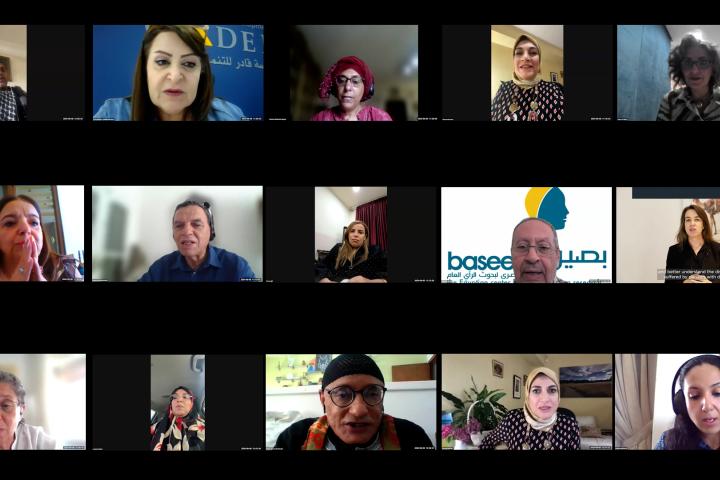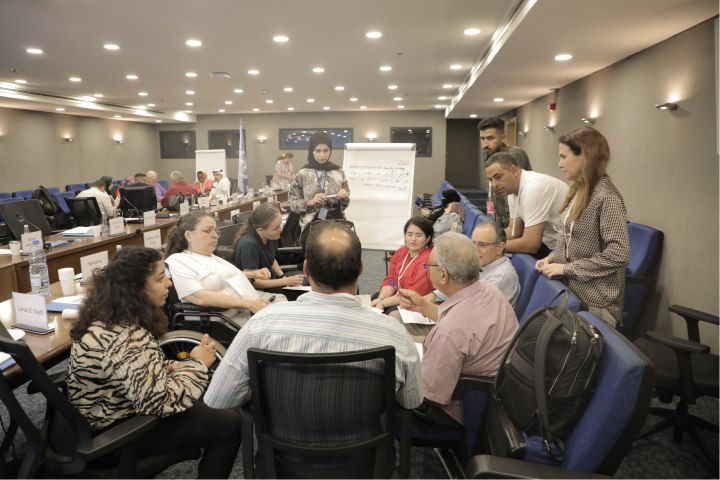Oussama Safa, Chief of Participation and Social Justice Section at ESCWA said that the civil movement and peoples calls for social justice imposed new political and social contexts in some countries of the Arab region, where it was adopted by some through the drafting of new social contracts, and avoided or even curbed by others through violence.
Safa was mentioning what was stated in the first issue of the Social Development Report series entitled “What is Left of the Spring: The Long Road to Social Justice in the Arab Region”, launched by ESCWA on 21 December 2015, from its headquarters in Beirut. He said that the report highlights case studies undertaken in three selected Arab countries that have recently undergone political transitions; namely, Egypt, Morocco and Tunisia
Safa went on to add that through thorough analysis, the report highlighted some of the key ideas; First, the lack of similarity between the experiences of the three countries in ensuing constitutions and laws. Second, the lack of participatory routes since committees were appointed to formulate the constitutions except in Tunisia. Third, new constitutions singled out many items to address social justice in an unprecedented way; and fourth, new constitutions highlighted the devotion of social justice as a constitutional right to all citizens with equal terms between men and women.
The meeting had begun with a statement by Director of the Social Development Division at ESCWA Frederico Neto who said that in order to build just and cohesive Arab societies, a set of priorities and actions targeting the most vulnerable need to be put in place at the national level. First, ensuring universal access to quality public services. Second, providing targeted action for disadvantaged groups. Third, ensuring a minimum level of wellbeing for all through social protection provision. Fourth, ensuring the redistribution of resources as a means to promoting sustained equity; and last, challenging the entrenched power imbalances in societies.
The opening session was followed by a panel discussion on the report itself with the contribution of experts from Lebanon, Egypt, Tunisia and Morocco as well as a roundtable entitled “What is left of the Spring: Prospects of Social Justice in Conflict-stricken Countries”. The latter listened to experts from Libya and Syria.
The relevance of this publication lies in its contribution to drawing lessons about the re-engineering of the social contract between the state and society in the aftermath of the Arab Uprisings. The analysis delves into the normative concepts of social justice and how they translate into practice through various policies, legislation, constitutional texts, national plans and social movements.



